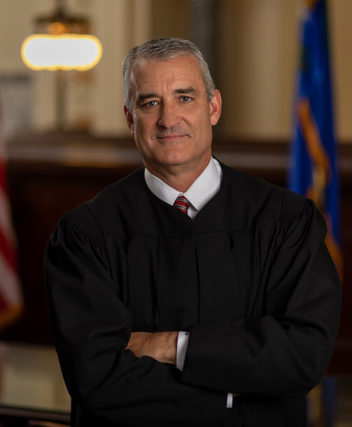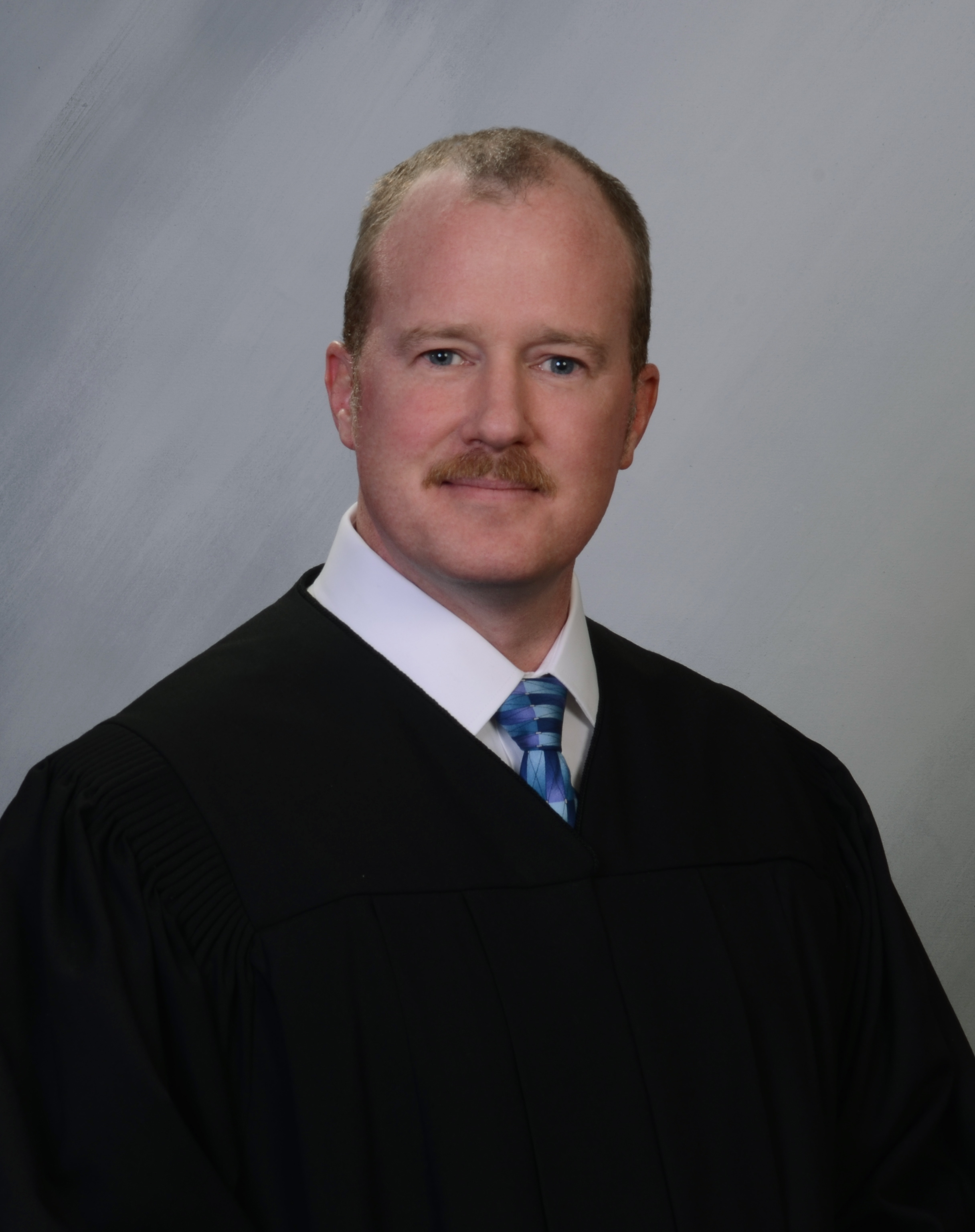Probate is a legal process for paying a deceased person's debts and distributing the rest of the deceased person's property to beneficiaries named in a will or trust, or to the legal heirs according to Nevada law.
Probate and trust cases are governed by Title 12 and Title 13 of Nevada Revised Statutes (external link, opens in new tab).
To learn how the probate process works, read our Probate Flow Chart (pdf).
Neither the Clerk’s Office nor the Probate Department can provide legal advice (see Nevada Supreme Court Rule 44).
You may review Title 12 (Chapter 132+) and Title 13 (Chapter 163+) of the Nevada Revised Statutes, consult an attorney, or review Rule 57 of the Second Judicial District Court Rules of Practice.
The Probate Lawyer in the Library program is held virtually and provides a free 15-minute session with a licensed Nevada Probate attorney.
The program is held every first and third Wednesday of the month. Appointment requests are accepted on a first-come, first-served basis beginning Thursdays at 9:00 AM.
Sign up here! (external link, opens in new tab)Please read and follow the Probate Court Guidelines and the Rules of Practice for the Second Judicial District Court (external link, opens in new tab).
After scheduling, check the Probate Calendar two weeks prior to your hearing.
If approved, no appearance is required. Priority Code “1” means approved. Codes “2” or “4” require appearance.
You may apply to be appointed as a Special Administrator under NRS Chapter 140.
NRS 136.050 requires delivery of the original will within 30 days of knowledge of death to the Clerk or named Personal Representative.
Search the Court's database for cases beginning with “PR.”
Here you can find all forms and packets related to Probate.
Contact the Clerk at (775) 328-3110 or review the Filing Fee Schedule .
Probate
Second Judicial District Court
75 Court Street, Room 125
Reno, NV 89501
(775) 328-3100
ProbateDept@washoecourts.us
Schedule a hearing with the court using the request form found here.
Hearing RequestNeed to find important deadlines in your case? Use the link below to search for them.
Milestone Tracker

Commissioner Gorman’s Biography
Commissioner Gorman’s Courtroom Calendar